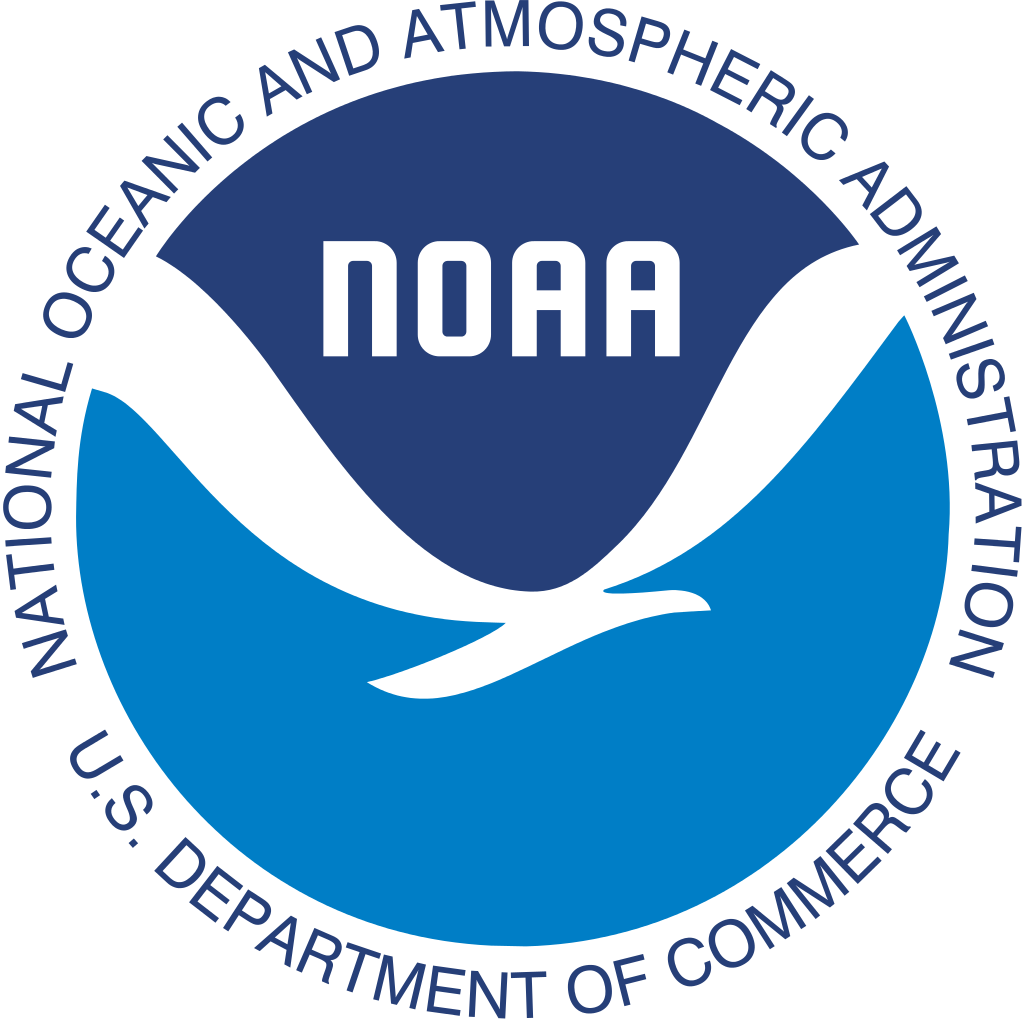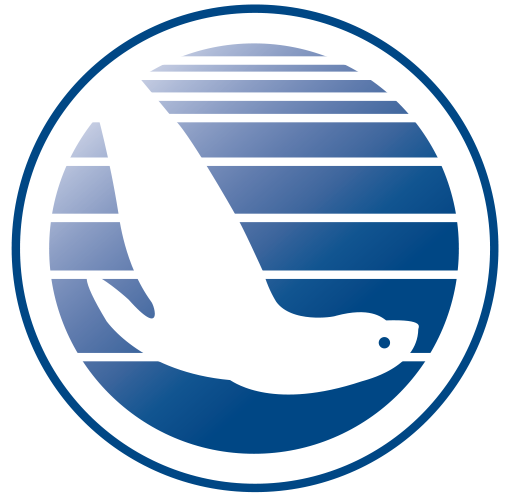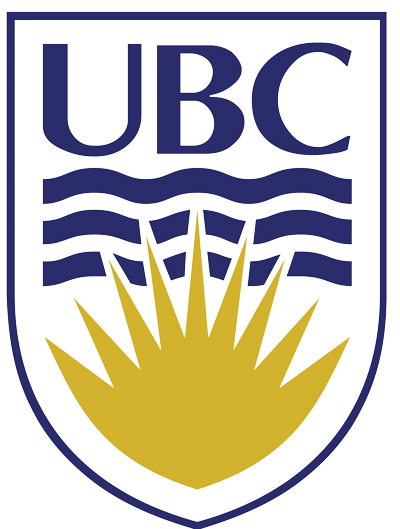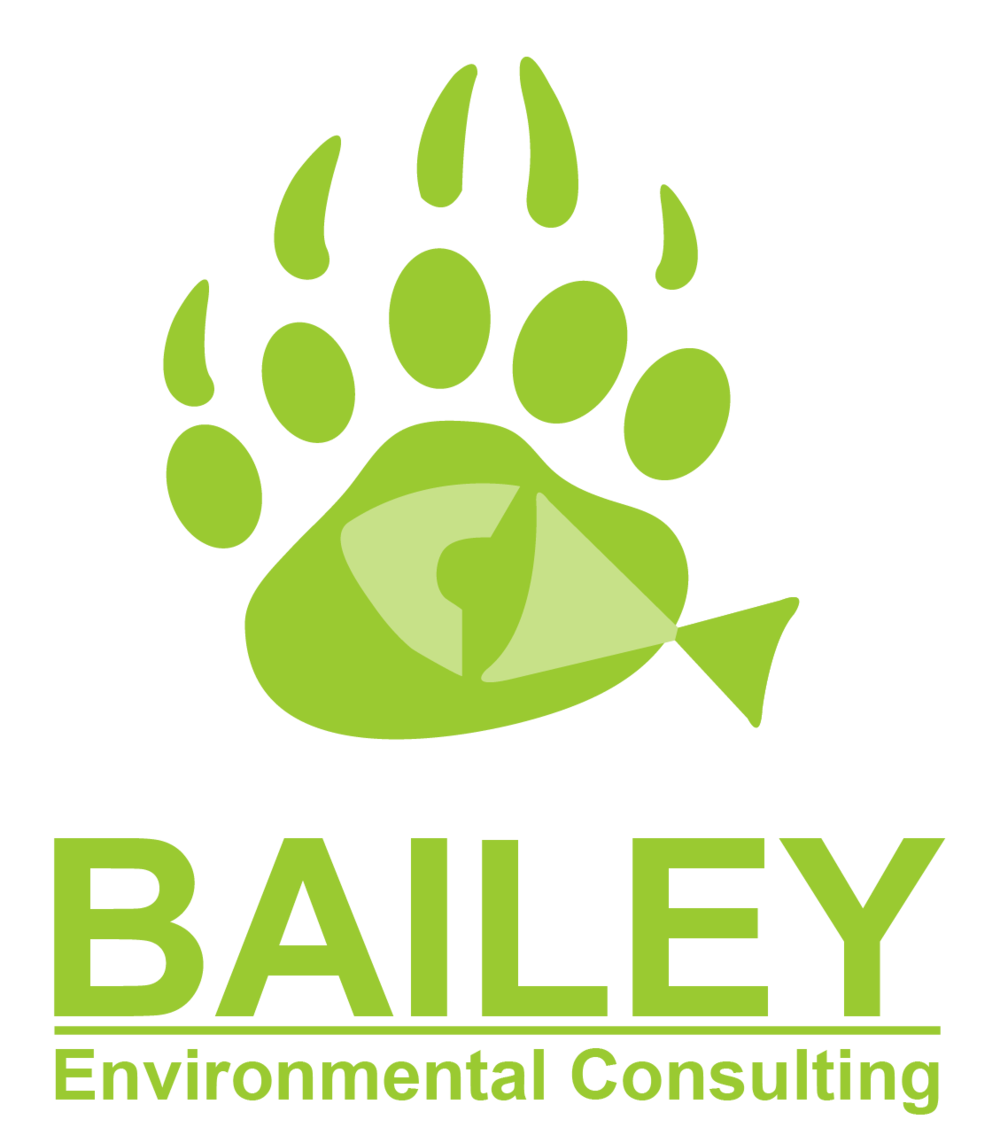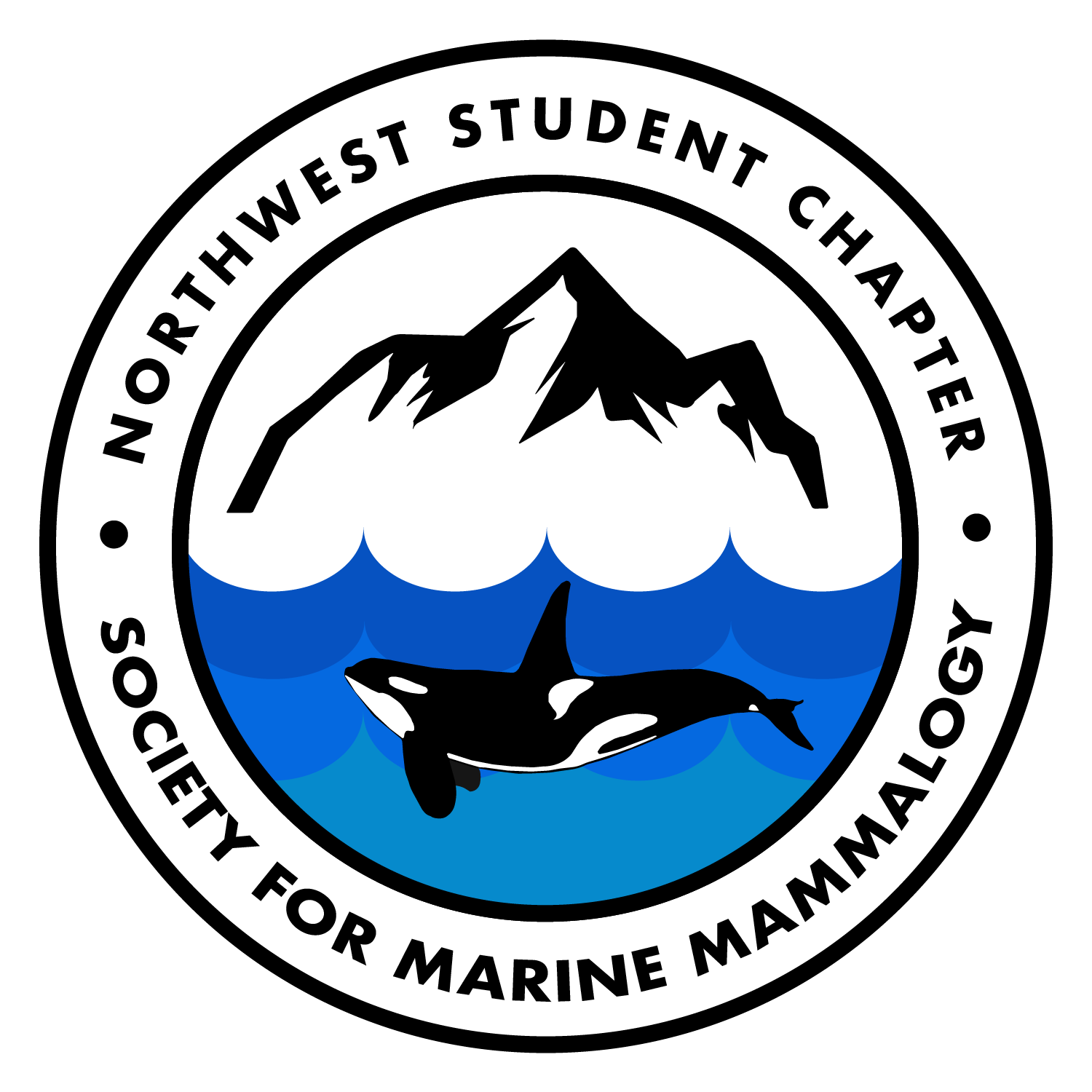
Northwest Student Chapter of the Society for Marine Mammalogy Annual Conference was a Huge Success
It’s been 25 years since University Students from the Pacific Northwest first gathered to get some career advice and share the latest findings on marine mammals with other academics. This year was no exception.
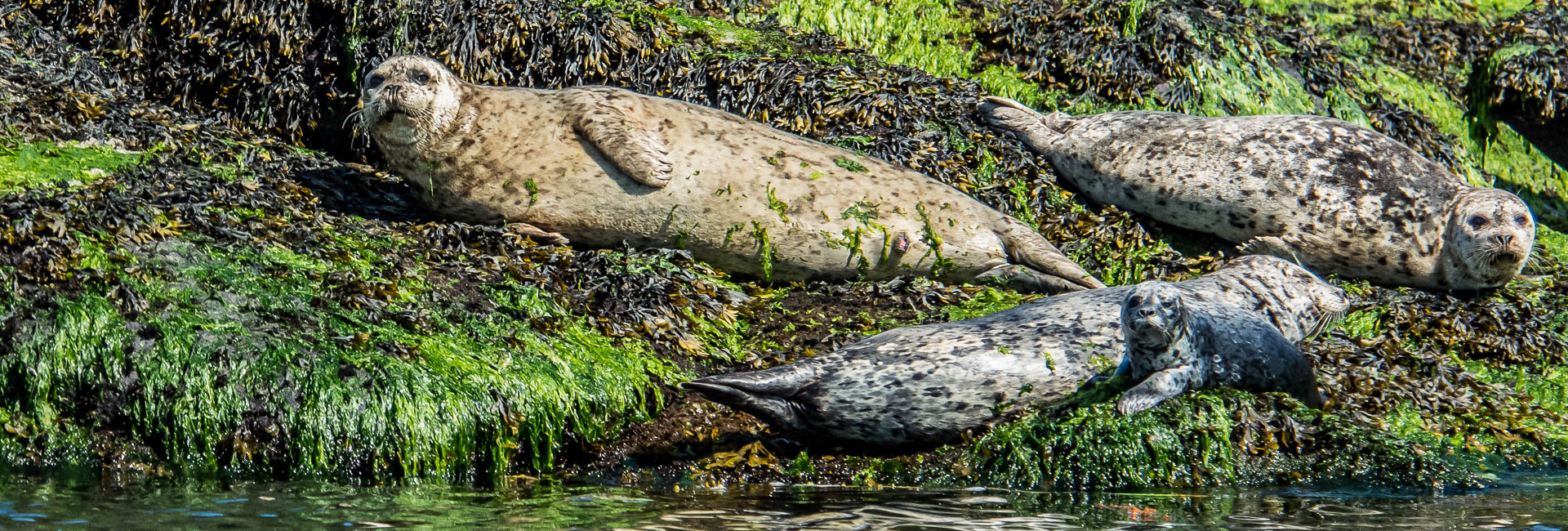
On April 30th, the UBC Marine Mammal Research Unit (MMRU) hosted the 25th Annual Northwest Student Chapter of the Society for Marine Mammalogy (NWSSMM) Student Conference co-chaired by Julia Adelsheim and Taryn Scarff. It was a full day—with 26 oral presentations, 10 poster presentations and over 60 attendees from across North America.
Dr. Dawn Noren, a Research Fishery Biologist at the National Oceanic and Atmospheric Administration (NOAA), gave the keynote presentation on the endangered southern resident killer whale population—and led a discussion group in the ‘Philosopher’s Café’.
The Philosopher’s Café was a networking event with five marine mammal-related professionals representing Government (Dr. Dawn Noren), Research with animals in human care (Dr. David Rosen), NGO’s (Aaron Purdy), Academia (Dr. Andrew Trites), and Environmental Consulting (Michelle Bailey).
For those interested in working in government, Dr. Dawn Noren noted that government research positions tend to be dominated by PhD’s—but warned that students pursuing a PhD with the sole purpose of being a “better” applicant for government positions will need a stronger motivation to make it through their PhD program. Another piece of advice was to learn a variety of skills and methods to distinguish themselves as unique from other applicants. She also suggested developing analytical skills and learning various statistical methods to become a strong candidate for these positions.
Prof. David Rosen provided insights into animal research and ethics based on his personal experiences. Of particular interest to the students were his comments regarding mutual pushback for ethical balance. He highlighted how scientists push to attain the goals of their research to further science — while the top priority of husbandry staff is always to ensure safe handling of the animals. Without a mutual push-pull relationship, there is risk of either no scientific development or causing stress to the animals.
Former MMRU Student, Aaron Purdy shared his experiences working for a local NGO—Ocean Wise. Topics discussed included the funding challenges of working with NGO’s, as well as the rewarding collaborations and projects Aaron has been part of. New perspectives were brought into the discussion as other participants in the call shared their own views and thoughts on multiple aspects of the NGO world.
For those interested in pursuing a career in academia, Prof. Andrew Trites shared his knowledge and years of experience working at the University of British Columbia. He discussed his initial studies on northern fur seals as an MSc and PhD student, and his experience as a Post Doctoral Fellow with Fisheries and Oceans Canada—where he realized how much he loved research, teaching, and mentoring students. He stressed the importance of publishing early (as an undergraduate and MSc student) and developing one’s quantitative skills. During the discussion, Dr. Trites approached each student and took interest in their career goals and provided advice on navigating obstacles towards success. This provided a comfortable atmosphere that was appreciated by all.
Many of the questions fielded by Michelle Bailey (a Senior Environmental Scientist at Bailey Environmental Consulting Inc) were about what environmental consulting is and how this career field functions. Michelle discussed how environmental consulting is fast-paced and ever-changing, as work tasks evolve as projects are acquired. Environmental consulting is an ideal career path for those that are keen to work on a wide variety of projects, anywhere from advising on the permitting process to installing a home dock, to assessing a new technology for large-scale ship cleaning. Michelle also advised that those interested in this career path could greatly benefit from being a certified Registered Professional Biologist. This certificate program teaches a wide set of biological skills applicable to consulting work that are not necessarily covered in academia—which pair well with the critical thinking skills obtained over the course of a graduate program.
The students were all very grateful to the marine mammal professionals who shared their experiences and gave space for great discussions. Thank you!
Next year’s NWSSMM student conference will be hosted by Oregon State University during spring 2023!

